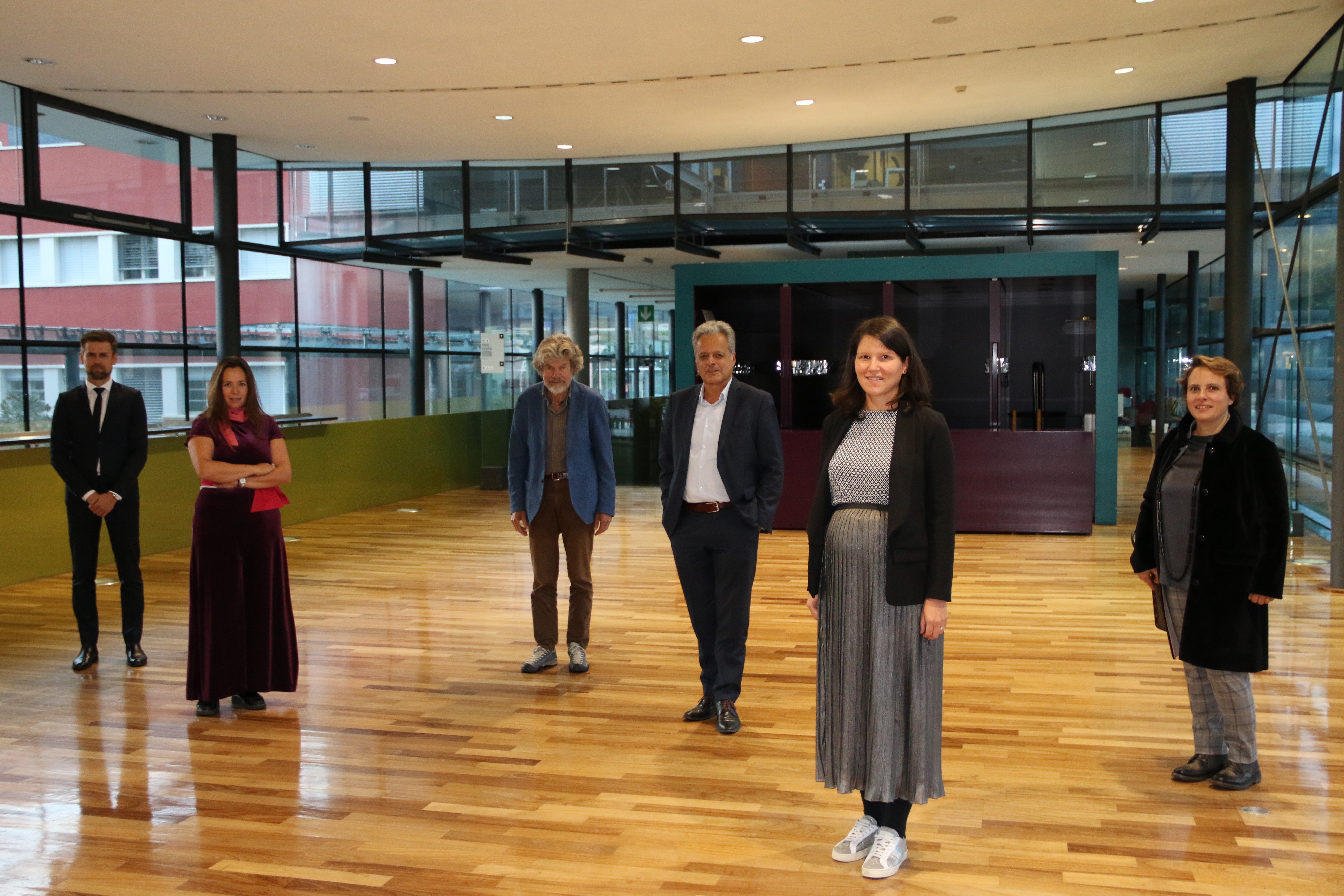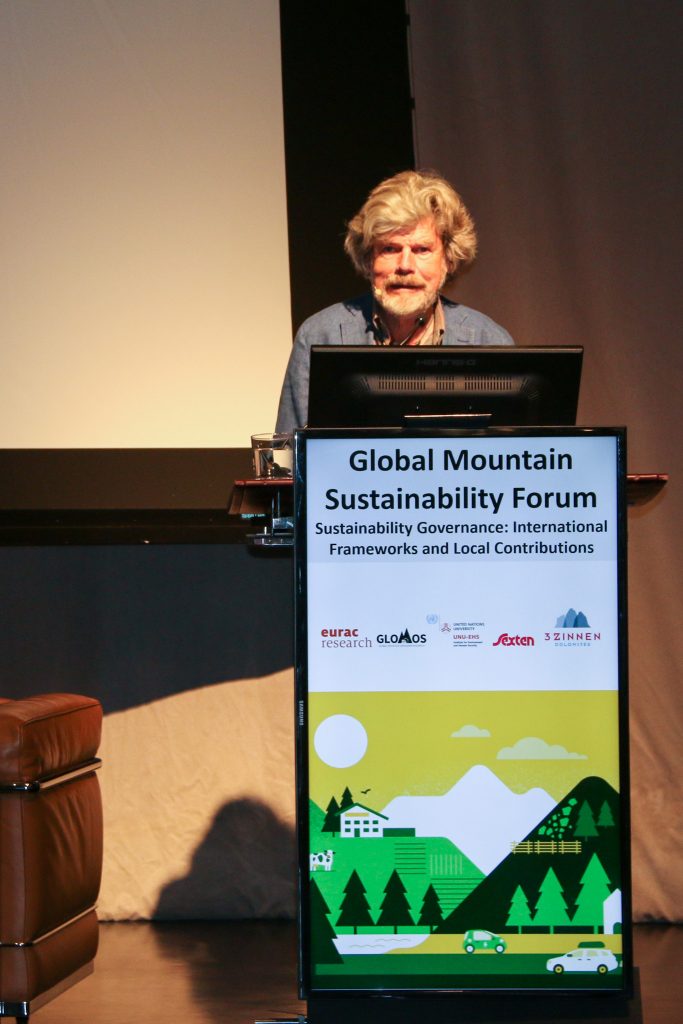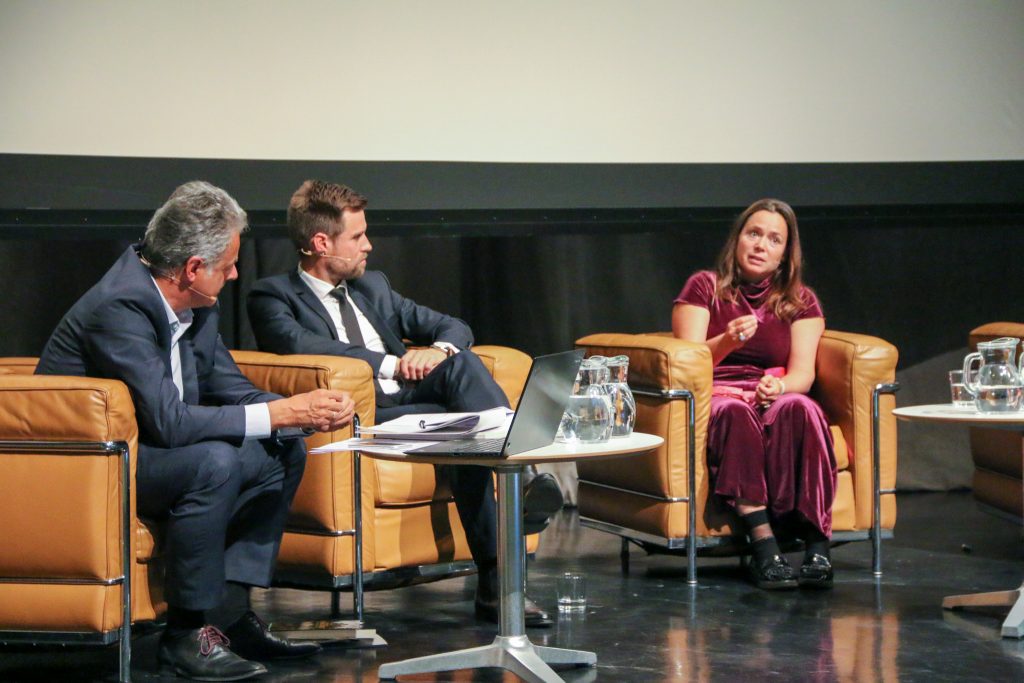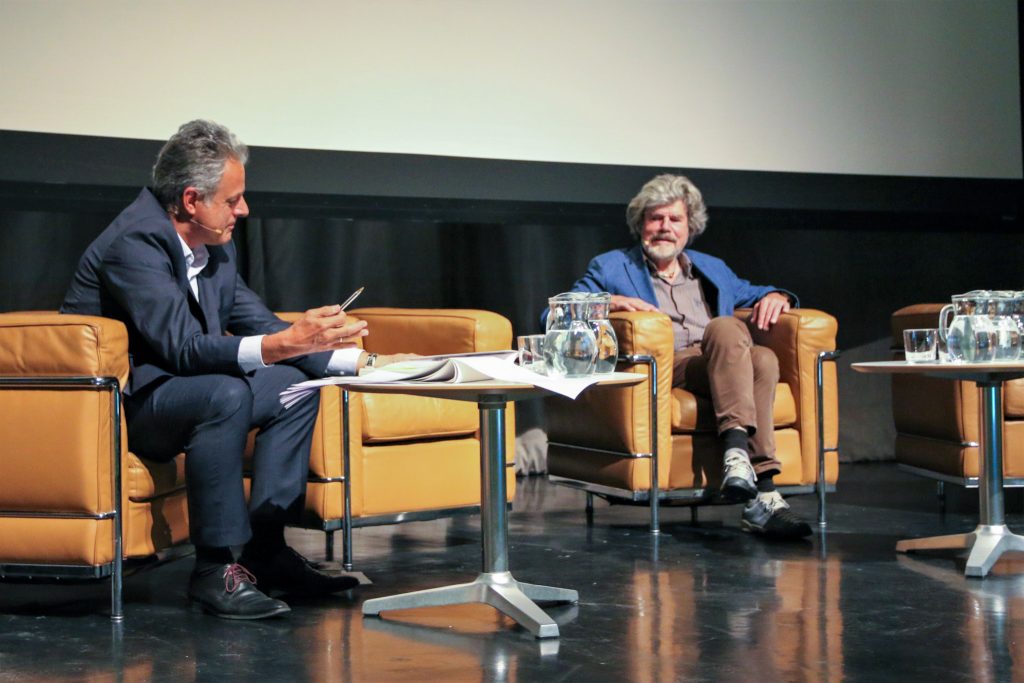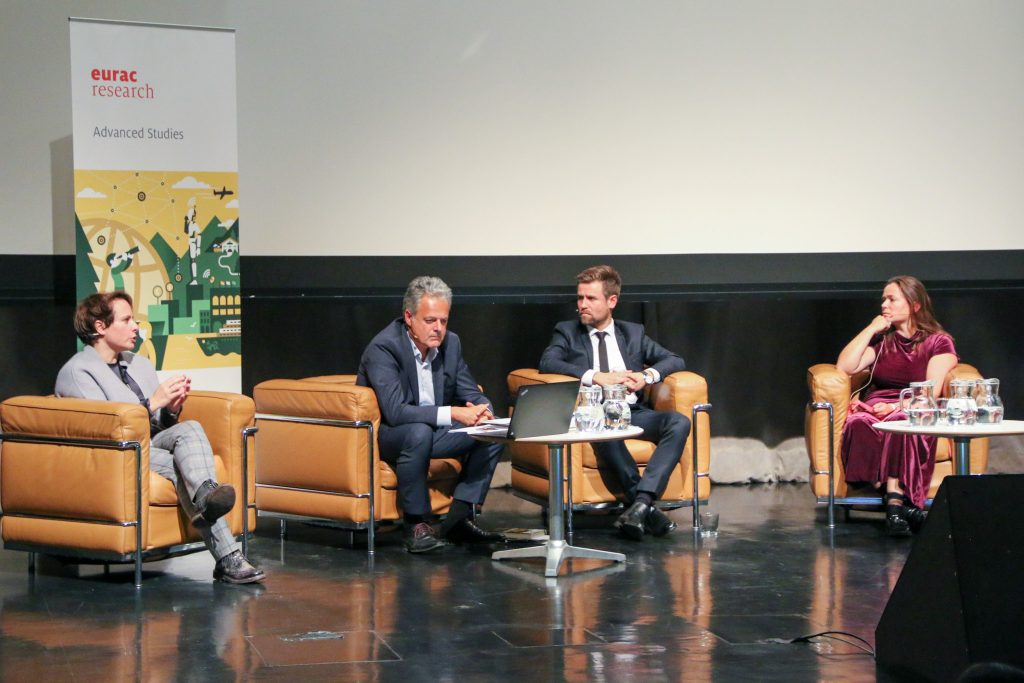The first Global Mountain Sustainability Forum, organized by Eurac Research, the United Nations University and the Sexten Sesto Tourist Office underlined the importance of narratives for the sustainable development of mountain areas.
Mountain regions are particularly sensitive ecological areas. How can people continue to live and work there in the future without losing sight of the sustainable use of limited natural resources? What role does tourism play in the sustainability debate and how can a better and greener economy be shaped after the pandemic of Covid-19? To answer these questions was the focus of the first Global Mountain Sustainability Forum, a scientific online conference at which researchers from mountain regions around the world exchanged views on a coordinated approach between theory and practice.
The first edition of the Global Mountain Sustainability Forum took place during a particularly critical and unique time in the history of our planet. “As we wrestle with and eventually rebuild from the COVID-19 pandemic, and face threats such as climate change and inequality, mountain people and ecosystems will play a critical role in fostering a sustainable and just world,” said Julia Klein, Professor of Ecosystem Research and Sustainability at Colorado State University. Mountains are water towers. They supply about 60 to 80 percent of the fresh water on our planet and play a key role in improving water and air quality. They are the habitat for one third of all known species on our planet. About 50 percent of the world’s biodiversity hotspots are found in mountain regions. The mountain forests reduce the impact of natural hazards on the living conditions of people in the valleys and along the rivers, and they are significant carbon sinks whose storage capacity will increase in the future.
“Unfortunately, mountain regions are particularly vulnerable to global warming and increasing climate variability around the world,” said Xiaomeng Shen, Vice Rector of the United Nations University (UNU) in Europe. This has an extremely rapid and direct effect on the frequency and intensity of natural hazards. The vulnerability of mountain regions must be recognized worldwide. Together with population growth and unsustainable management of natural resources, dangerous pressure on mountain ecosystems and the communities living in them is emerging. The interplay of local actions and global initiatives is therefore more necessary than ever for a sustainable path into the future. “Alpine tourism management can be a gamechanger, especially in the current situation, through good narrative management. This is as important as risk management,” emphasized Jakob Rhyner, Professor for Global Change and Systemic Risks at the Faculty of Agriculture of the University of Bonn.
“We have to think about what development we want for our living spaces and we have to think about what the local population wants. Tourism will automatically develop around these spaces,” said Dirk Glaesser, Director of the Department for Sustainable Development of Tourism of the World Tourism Organization (UNWTO), emphasizing the need for a responsible restart for tourism. “When we talk about tourism in 20 years, we will also be talking about changed working models and new ways of spending our leisure time. In this sense, we must not see the Covid crisis as a simple interruption, but as a structural change. We must use tourism to promote sustainable development in mountain regions”. In countries of the Global South, for example in Africa, it is mainly women and young people who are ambassadors of sustainability, acquiring new technologies and innovative knowledge, as pointed out by Musonda Mumba, Head of the United Nations Department of Terrestrial Ecosystems. Branding plays a special role in raising awareness of these habitats outside the mountain regions. In Africa, as in South Tyrol, this is done primarily through local products. A special focus on socio-economic sustainability in South Tyrol was also offered by five lectures of the Institute for Economic Research, IER. The researchers discussed successful examples of business innovation, the different ways of dealing with digitalisation and the shortage of skilled workers and brain drain in South Tyrol.
The final lecture of the Global Mountain Sustainability Forum was given by the US economist and Nobel Prize winner Joseph Stiglitz who underlined that we need stronger global cooperation, global solidarity, as science has already shown while joining forces to research suitable treatments against the virus. He said that multilateral institutions were a key to global cooperation. The pandemic has radically exposed the weaknesses of our society and economy, such as the short-sightedness of markets and supply chains, which have proved anything but resilient. A new start can therefore only work if it is a new start into a greener, more sustainable and more equal society.
Public evening event with Reinhold Messner
Besides the scientific conference, the Global Mountain Sustainability Forum also offered an open evening event for the public. The opening lecture was held by Reinhold Messner. The border between cultural and natural landscape is becoming increasingly blurred, the Italian mountaineer; explorer and author explained. This is mainly due to the construction of infrastructure in the high regions. This development must stop, he declared, because it robs the mountain of its sublimity. At the same time, Messner emphasized that existing structures should certainly continue to be used and that older buildings could be revalued in a sense of upcycling. The construction of simple paths to allow farmers to access their mountain pastures is also necessary to maintain this important cultural landscape.
Following the presentation, Marcella Morandini, Director of the Dolomites UNESCO Foundation, Susanna Sieff, Director of Sustainability, Cortina 2021, IDM Marketing Director Wolfgang Töchterle and the innkeeper Simone Wasserer discussed the challenges of sustainable development in mountain regions with Harald Pechlaner, Head of the Center for Advanced Studies, especially with regard to governance, mobility and major events. The common tenor: sustainability is not a goal that focuses on just one level that can be achieved and then one can be satisfied. Rather, it is an interweaving of multiple goals. To achieve them, a narrative is needed that is supported by all decision-makers, guests and the population. Only those who know the history and myths of the mountains can encounter them in a sustainable way and develop respect for this natural landscape.
The Global Mountain Sustainability Forum was organized by the Center for Advanced Studies at Eurac Research, the Center for Global Mountain Safeguard Research GLOMOS, the United Nations University (UNU) and the Sesto Tourist Association.

